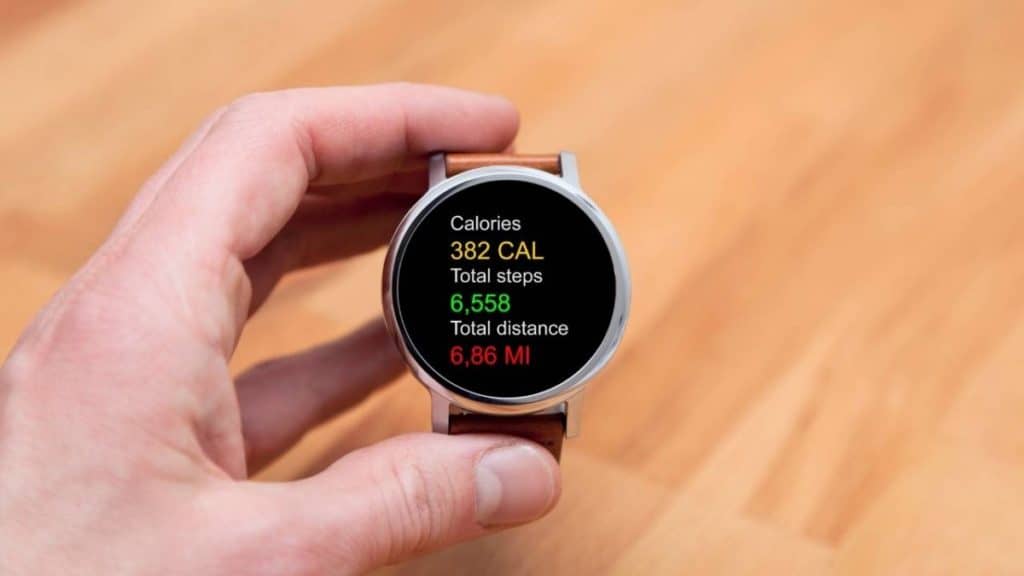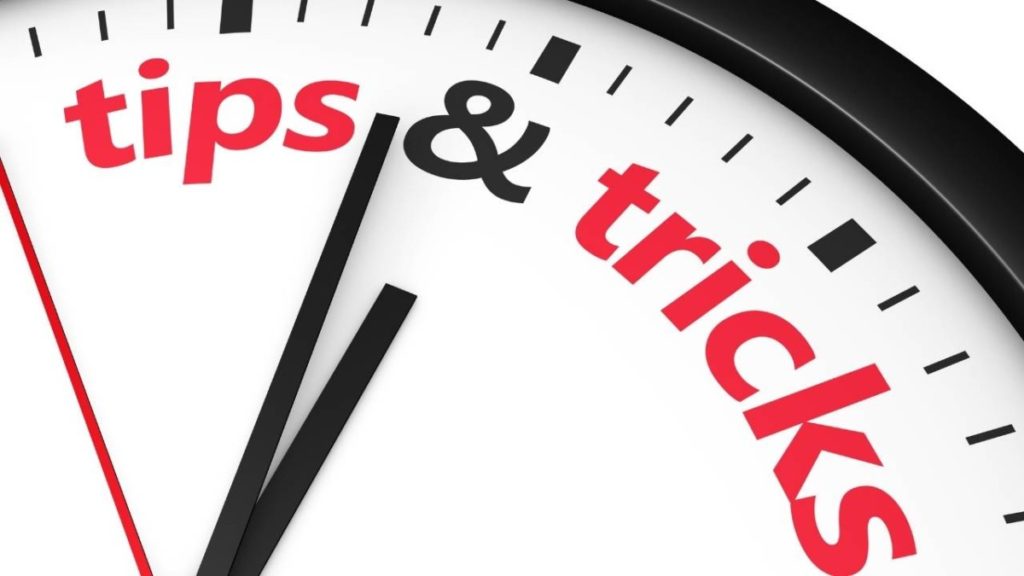Wondering whether you are running a good time for a 7km? Wondering how many calories you are burning as you blitz around that track? Everything that you need to know is going to be covered on this very page.
On average, you can expect most beginners to run 7km in a time of between 39 minutes and 1 hour 2 minutes. For more advanced runners you can estimate a time of 29 minutes. For professional runner its a time of 25 minutes.
Table of Contents
Average 7km Running Time for Females

On average it takes a female between 48.02 and 61.18 to run 7km. It depends on their age, weight and overall fitness levels. For instance a female that is aged between 30-34 can expect a 7km running time of 51.59. For a female that is aged 45-50 can expect 52.45.
| Average Time to Run 7 km For Females | ||||||
| Age | Beginners | Intermediate | Advanced | |||
| 15-20 | 51:20 | 35:07 | 28:35 | |||
| 20-25 | 51:55 | 32:05 | 28:00 | |||
| 25-30 | 52:02 | 32:26 | 28:28 | |||
| 30-35 | 52:16 | 32:54 | 28:56 | |||
| 35-40 | 53:19 | 34:04 | 29:38 | |||
| 40-45 | 53:54 | 34:53 | 31:09 | |||
| 45-50 | 54:08 | 35:21 | 32:05 | |||
| 50-55 | 54:15 | 36:31 | 32:47 | |||
| 55-60 | 59:44 | 39:05 | 34:25 | |||
| 60-65 | 01:03:14 | 42:07 | 35:21 | |||
💡Struggling with stubborn weight that won’t budge? Tired of yo-yo diets and empty promises? Say goodbye to past failures and hello to guaranteed success with our fail-proof, personalised calorie plans! Uncover scientifically-backed strategies that make weight loss effortless, helping you shed up to 24 pounds in just 12 weeks. This isn’t a fad; it’s a lifestyle transformation. Don’t miss out—your journey to a slimmer, more confident you is just one click away!

Average 7km Running Time for Males
On average it takes a male between 39.06 and 55.21 to run 7km. It depends on their age, weight and overall fitness levels. For instance a male that is aged between 25-29 can expect a 7km running time of 43.10. For a male that is aged 40-44 can expect 45.29.
| Average Time to Run 7 km For Males | ||||||
| Age | Beginners | Intermediate | Advanced | |||
| 15-20 | 42:07 | 28:07 | 23:48 | |||
| 20-25 | 41:25 | 29:24 | 23:13 | |||
| 25-30 | 41:46 | 27:32 | 23:48 | |||
| 30-35 | 42:07 | 27:46 | 24:02 | |||
| 35-40 | 42:35 | 27:53 | 24:37 | |||
| 40-45 | 45:44 | 29:52 | 26:36 | |||
| 45-50 | 47:22 | 30:34 | 27:25 | |||
| 50-55 | 49:35 | 34:25 | 28:28 | |||
| 55-60 | 51:48 | 35:56 | 32:05 | |||
| 60-65 | 56:21 | 38:09 | 34:04 | |||

There are many, many factors that can have an impact on running speed. For example, a male is going to run faster than a female. Somebody running on a flat surface is going to run faster than somebody running uphill. Somebody in a quality pair of running shoes is going to be running faster than somebody wearing cheaper shoes. We are sure that you get the idea here.
What follows is a rough guide for intermediate runners. These are the times that people may be able to expect when they have been running for a good while and have really started to settle into the world of running. If you have only just started running, not only should you not be running anywhere close to 7km, but you can probably expect to add a good 20-30 minutes to these times.
This is more of a guide to the sorts of times that you should be aiming for while you are running. You may not hit them, but they do make a rather reasonable goal.
Other Running Distance You Might Find Helpful
Check out my big running data analytics that contains every running distance by age and gender in a full comparison table for beginners and intermediates. You can compare your average running times against every distance in your age and ability group.

How Many Calories Will You Burn Running 7km?
On average, if you run 7km at a 8 minute pre kilometre pace at a speed of 9.6kmph you can expect to burn around 600 calories. The number of calories you burn running 7km will depend on your weight, gender and pace. A person who weighs 200 pounds and runs 7km in 45 minutes will burn about 553 calories. A person who weighs 170 pounds and runs 7km in 45 minutes will burn about 462 calories.
| Weight | Calories Burned For 7km Run |
| 160lbs | 441 calories |
| 170lbs | 462 calories |
| 180lbs | 497 calories |
| 190lbs | 518 calories |
| 200lbs | 553 calories |
| 210lbs | 574 calories |
| 220lbs | 602 calories |
| 230lbs | 637 calories |
| 240lbs | 658 calories |
| 250lbs | 693 calories |
As with running times, there are a ton of factors that can influence how many calories you can burn while running a few kilometers. Therefore, you will want to take these as a rough guideline. This is the average calories burned, and some people may burn double what we have listed here! For a full in-depth break down of how many calories are burned running 7 km by weight and speed, read this.

Can You Run 7km Every Day?
You can, but it doesn’t necessarily mean that you should be running 7km every single day. What many people fail to realize is that running puts a ton of strain on the human body. Now, we know that running 7km is not really a massive distance. However, it does put pressure on your muscles. It does tire your body out.
We recommend that you try and give yourself a break at least once per week. If you really want to exercise, then go out there and do a casual walk. If you still feel like a bit of running, then try and keep that pace nice and slow. Don’t push yourself to the edge.
Honestly, if you are attempting to run 7km every single day, we can assure you that you will be much more prone to injuries. This means that you won’t be doing a whole lot of running in the future!
What’s the best investment you could make in your running performance? To discover the exact running gear and why it has significantly improved my running, read this post.

Tips For Running Further Distances
Alright. You want to hit 7km (or exceed 7km), how do you go about this? How do you increase the distances that you run? Well, we are hoping that the following tips are really going to help you out here.
1. Run Shorter Distances And Gradually Work Your Way Up
When you are looking to run longer distances, the absolute worst thing that you can do is jump right into the big distances. Do that, and you will fail. Trust us.
You need to gradually work your way up. Let’s say you are aiming for 7km. You are currently able to do 5km without any issues. This means that your next goal should be 6km. You will then want to run that 6km consistently for a month or two before you get to 7km.
2. Buy Proper Running Equipment
In the world of running, quality equipment will make all the difference. Good shoes. Good clothing. Invest in yourself, and you will find that running becomes easier. You will find that you become less tired. You will find that you are going to get closer to the distances that you want to cover.
3. Slow The Running Pace Down
When you are first aiming for a new distance, your goal isn’t to run quickly. It is to run the goal distance. We recommend that you slow your pace down until you can consistently, without stopping, reach your goal distance. This will help to prevent you from getting yourself tired out, and you will often find that it becomes easier to learn how to pace yourself. Once you have hit your goal target for a few days, you can start to increase your speed.
4. Choose a Better Place To Run
Some places are better to run in than others. In an ideal world, you should only ever be running on flat, paved surfaces. If you can do that, it is going to become a whole lot easier for you to reach your goal distance. This is because you are much less likely to tire yourself out.
5. Run In The Evening
The evening tends to be cooler, which means that you are less prone to tiring yourself out. Just before sunrise is also a great time to get your running in. The air temperature is normally 5-10 degrees cooler, ideal for longer runs.
Average Time to Run 7 km Summary
Running 7km is something that should be easily accomplishable by most people. An intermedia runner can expect to cover 1km every 5-6 minutes. You can expect to burn a minimum of 50-60 calories each km you cover too, which is awesome.



